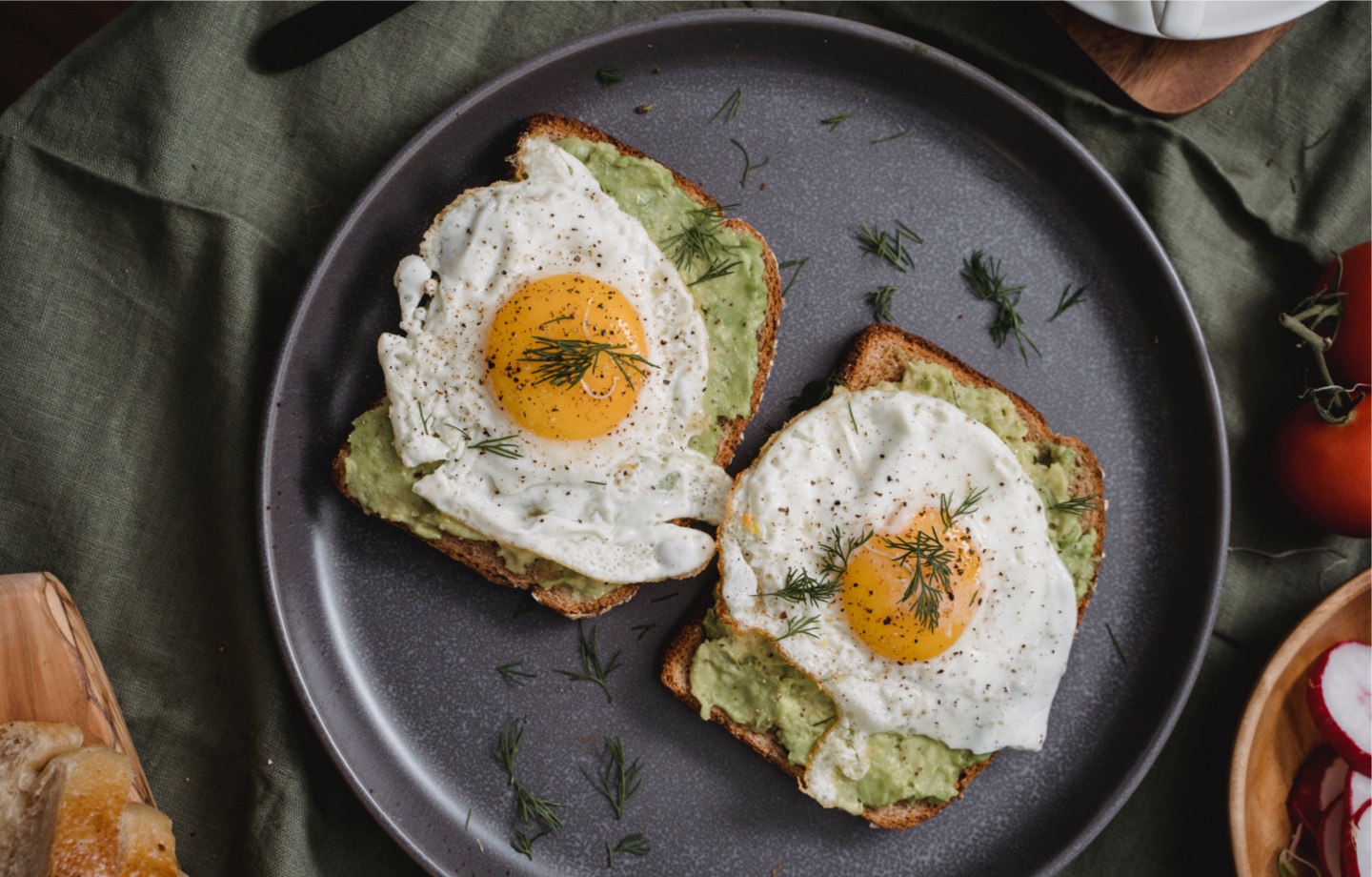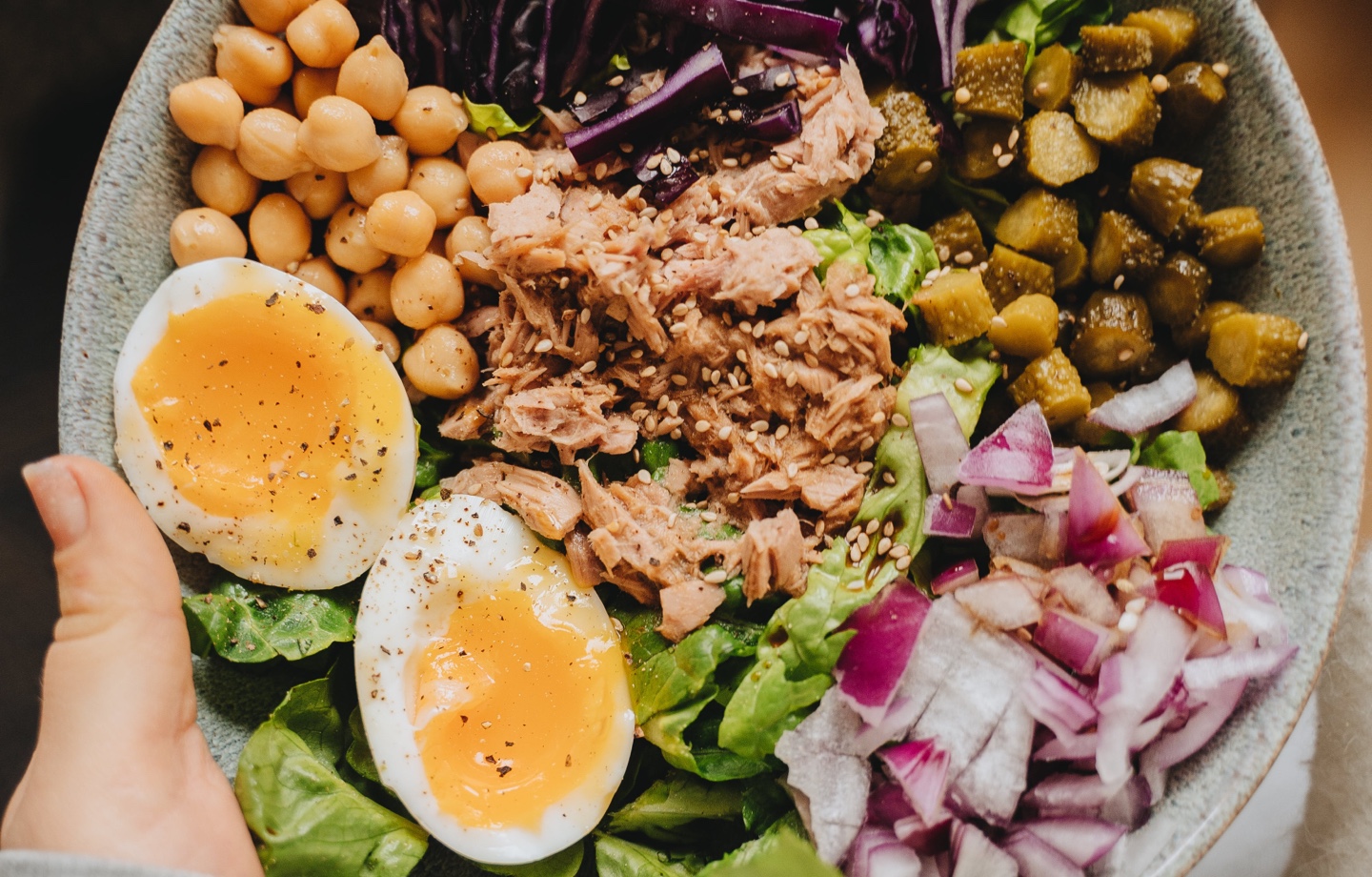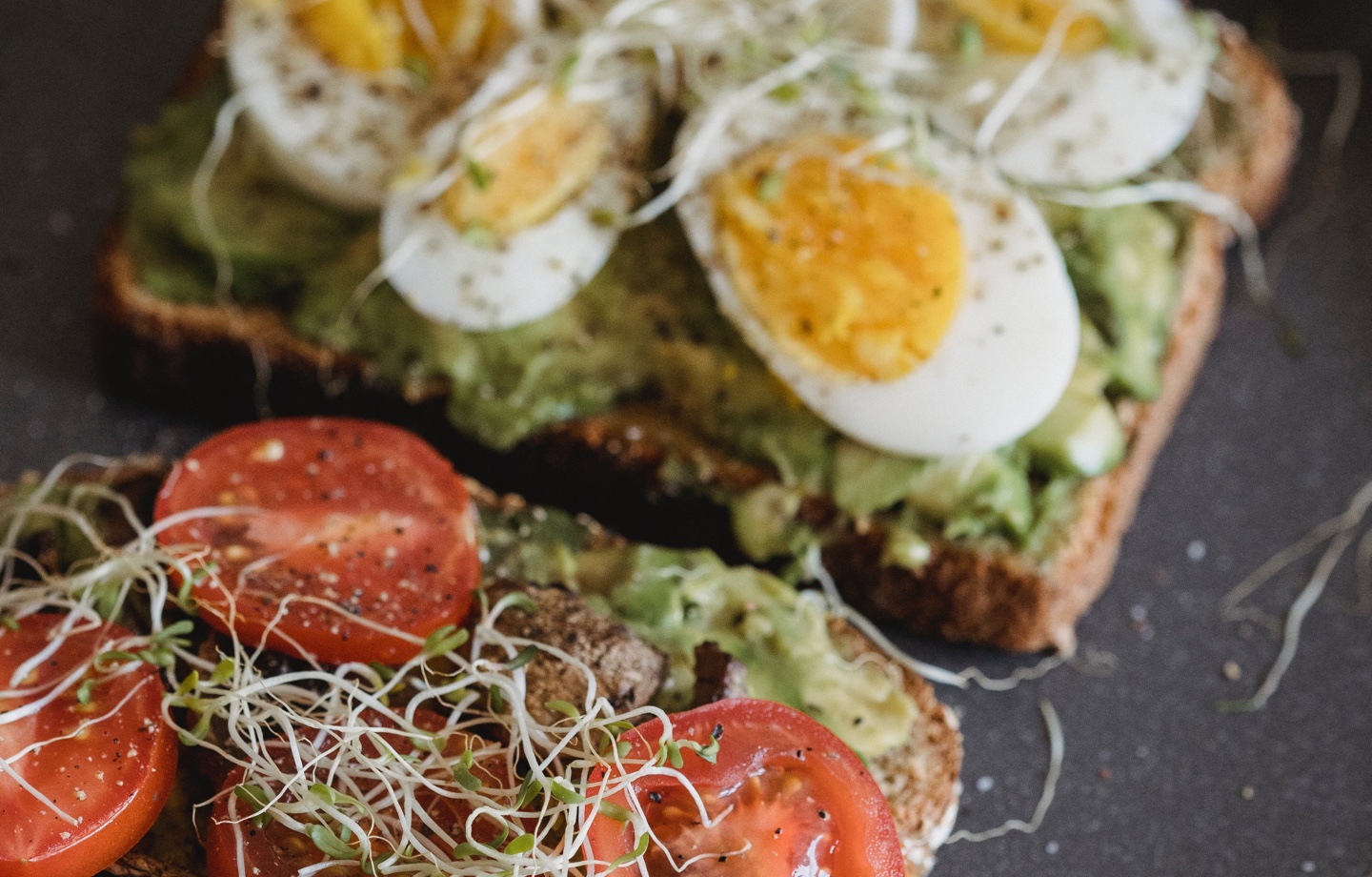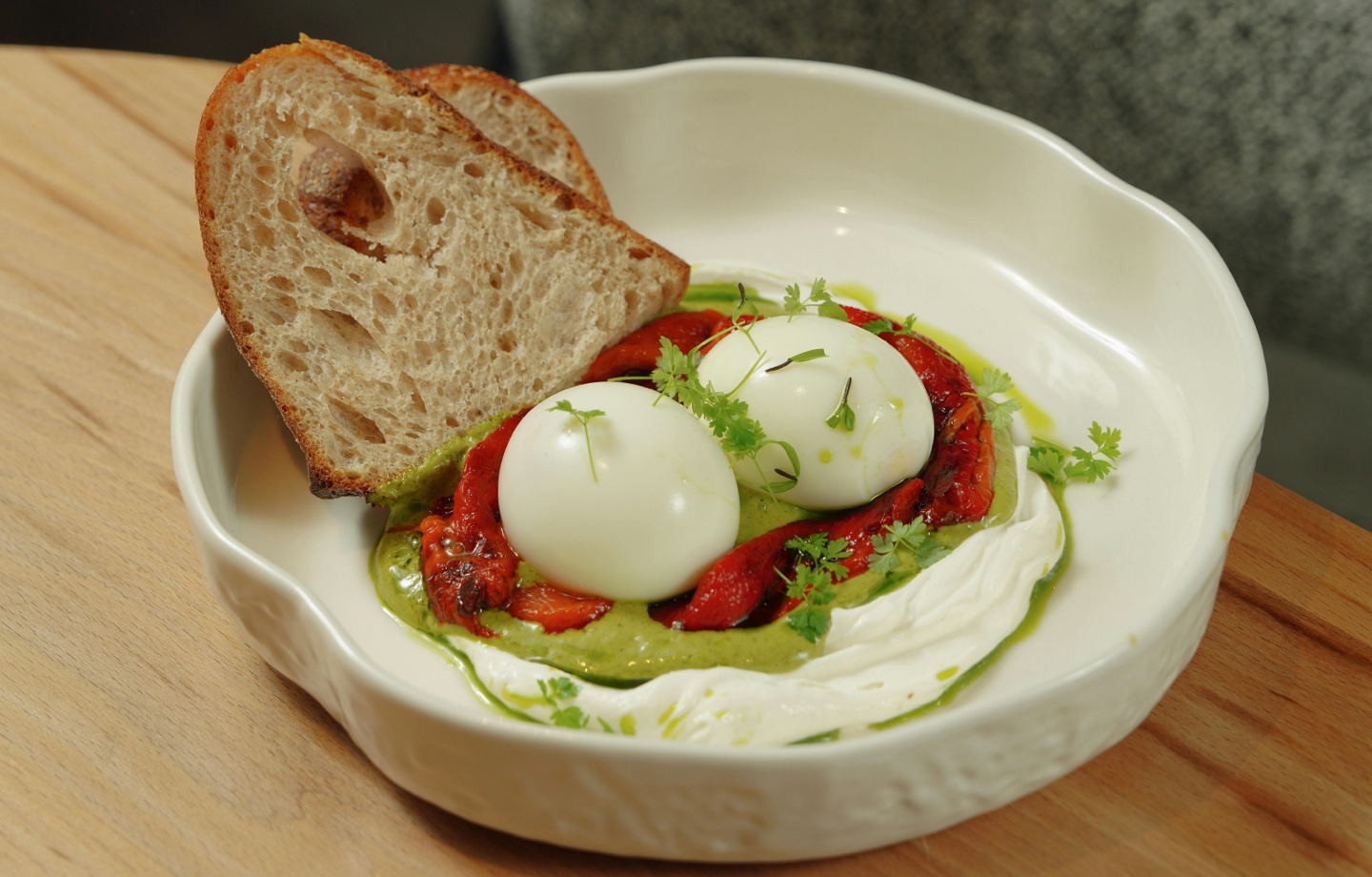Eggs contain vitamins, minerals, healthy fats, and protein, but research on their benefits and risks remains murky.
My earliest egg memory is from a camping trip with my family. My dad scrambled a few whites and yolks over an open fire, and my brother and I groaned — eggs, again? Ah, but these aren’t regular eggs; they’re camp eggs, my dad responded as he sprinkled shredded cheese over the still jammy scramble. It was enough to convince two elementary school kids that this new concoction was worthy of our palates. My parents still make “camp eggs” anytime we happen to be over before lunch.
My affinity for the breakfast staple remains strong. I never show up to a gathering, cookout, or party without a tray of creamy, tangy deviled eggs. I top avocado toast with an over-easy version a few times a week, and if there are eggs Benedict or shakshuka on a brunch menu, you can bet that’s what I’ll be ordering.
Weekly, my intake varies. But even when my consumption ticks into the five to seven range, I’ve never given it a second thought because, well… eggs are healthy, right? Turns out, it depends on who you ask.

Read more: In Appreciation of Local Food
Humans have relied on this particular animal protein as a nutrient source for millennia. As society progressed, eggs remained a household ingredient due to their availability, affordability, and nutritional value — they contain all nine essential amino acids, vitamins A, D, and E, choline, folate, and iron. But in 1968, the American Heart Association, concerned by a correlation between cholesterol levels and heart disease, updated its dietary guidelines, recommending that individuals eat no more than 300 mg of cholesterol per week or about three eggs.
The industry set out to prove them wrong. Years of research concluded that, generally, dietary cholesterol doesn’t have an influence on the cholesterol levels in our blood that contribute to health issues. Additional studies showed eggs, in particular, help maintain a healthy diet because they keep us fuller longer, contain xanthophylls that help protect eye health, and are a good source of choline, an essential nutrient that most people don’t get enough of.
Still, it wasn’t until 2015 that eggs shed their bad rep. That year, the AHA dropped its recommendation that individuals consume 300 mg or less of cholesterol per week, and the breakfast favorite was in the clear. Or, so I thought.
A 2020 study of 215,000 people found that eating one egg per day is not associated with an increased risk of cardiovascular disease. Yet, a 2021 study disproved this, finding that consuming a daily yolk increases the likelihood of dying from cardiovascular disease and even cancer.

“Despite many years of research, this question about eggs and health has not been answered, with multiple observational studies over the last few decades showing conflicting results — some suggesting moderate egg intake is good, while others suggesting it may be bad,” Riyaz Patel, a consultant cardiologist at University College London, told CNN. “This study, although well conducted, unfortunately only adds more noise to the discussion.”
Whichever school of thought you follow, it’s safe to say eggs aren’t going anywhere. The ingredient is globally popular and used in cuisines across cultures, from the British scotch egg to the Korean gyeran-jjim (a steamed egg custard with scallions), the Japanese tamagoyaki omelet, the Spanish tortilla, and Mexican huevos rancheros.
For vegetarians, they’re also an essential source of protein — two eggs offer the same amount of protein in grams as one serving of meat. And while eggs are higher in cholesterol than meat, they include more copper, calcium, manganese, folate, vitamins A, E, D, B, and K, and healthy fats. Not to mention, they’re easier on the planet.
How you prepare eggs matters, too. For instance, a hard-boiled variety is better for you than a fried version that’s cooked in oil or butter. Of course, whatever style of egg you prefer, whether you ditch eggs for good or continue to indulge, it’s important to do what works for you and your body.
As for me, camp eggs with always have a place in my heart and my breakfast table.

Read more: It’s Time to Get Chickens
Have feedback on our story? Email [email protected] to let us know what you think!

Shop Pillows
The Essential Organic Pillow Collection
Gentle, breathable, non-toxic support.







